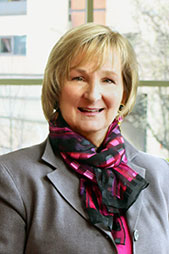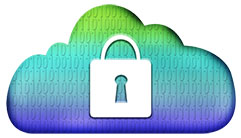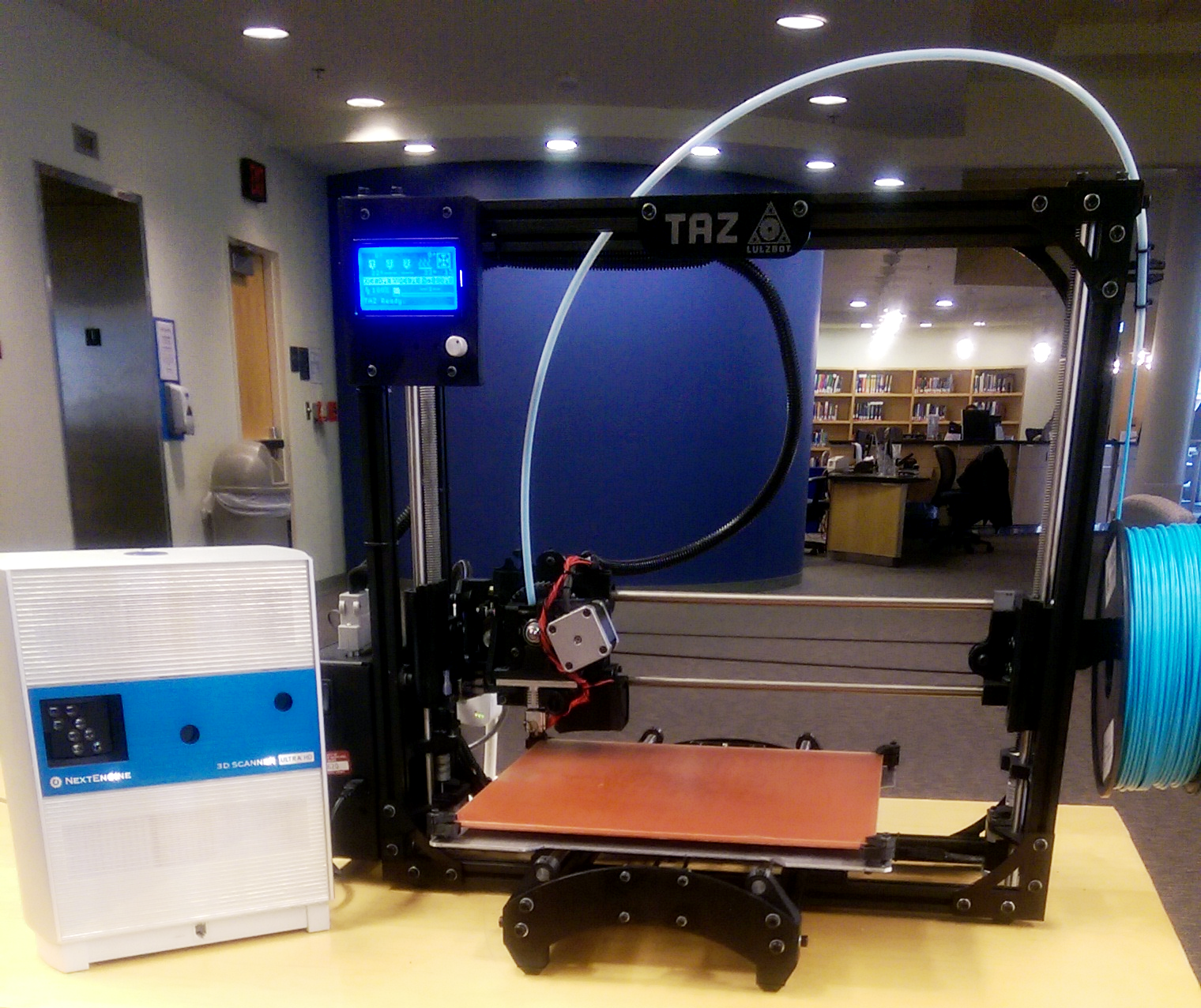
Cybersecurity is an interesting and important topic, one closely connected to those of digital privacy and online surveillance. Many of us know that it is difficult to keep things private on the Internet. The Internet was invented to share things with others quickly, and it excels at that job. Businesses that process transactions with customers and store the information online are responsible for keeping that information private. No one wants social security numbers, credit card information, medical history, or personal e-mails shared with the world. We expect and trust banks, online stores, and our doctor’s offices to keep our information secure and safe.
Keeping private information safe and secure is, however, a challenging task. We have all heard of security breaches at Target, Sony, the Office of Personnel Management of the U.S. federal government, and even University of Maryland at College Park. Sometimes, a data breach takes place when an institution fails to patch a hole in its network systems. Sometimes, people fall for a phishing scam, or a virus in a user’s computer infects the target system. Other times, online companies compile customer data into personal profiles. The profiles are then sold to data brokers and on into the hands of malicious hackers and criminals.
To prevent such a data breach, institutional IT staff are trained to protect their systems against vulnerabilities and intrusion attempts. Employees and end users are educated to be careful about dealing with institutional or customers’ data. There are systematic measures that organizations can implement such as two-factor authentication, stringent password requirements, and locking accounts after a certain number of failed login attempts.
While these measures strengthen an institution’s defense against cyberattacks, they may negatively affect the usability of the system, lowering users’ productivity. Security is important, but users also want to be able to do their job without being bogged down by unwieldy cybersecurity measures. The more user-friendly and the simpler the cybersecurity guidelines are to follow, the more users will observe them, thereby resulting in a secure system. Users who encounter cumbersome and complicated security measures, may ignore or try to bypass them, increasing security risks.
Usability and productivity may be a small issue, however, compared to the risk of mass surveillance resulting from aggressive security measures. In 2013, the Guardian reported that the communication records of millions of people were being collected by the National Security Agency (NSA) in bulk, regardless of suspicion of wrongdoing. A secret court order prohibited Verizon from disclosing the NSA’s information request. After a cyberattack against the University of California at Los Angeles, the University of California system installed a device that is capable of capturing, analyzing, and storing all network traffic to and from the campus for over 30 days. This security monitoring was implemented secretly without consulting or notifying the faculty and those who would be subject to the monitoring. The San Francisco Chronicle reported the IT staff who installed the system were given strict instructions not to reveal it was taking place. Selected committee members on the campus were told to keep this information to themselves.
The invasion of privacy and the lack of transparency in these network monitoring programs has caused great controversy. Such wide and indiscriminate monitoring programs must have a very good justification and offer clear answers to vital questions regarding what exactly will be collected, who will have access to the information, when and how the information will be used, what controls will be put in place to prevent information from being used for unrelated purposes, and how the information will be disposed of.
Because security is essential to privacy, it is ironic that certain cybersecurity measures can be used to greatly invade privacy rather than protect it. Because we do not always fully understand how the technology actually works or how it can be exploited for both good and bad purposes, we need to be careful about giving blank permission to any party to access, collect, and use our private data without clear understanding, oversight, and consent. As we share more and more information online, cyberattacks will only increase, and organizations and the government will struggle even more to balance privacy concerns with security issues.
Bohyun Kim, Associate Director, Library Applications and Knowledge Systems


 The
The  Cybersecurity is everyone’s concern whether at the research bench, in the classroom, or in your own personal email and social media accounts. Join us on April 8 for “Cybersecurity and You: Issues in Higher Education and Beyond.”
Cybersecurity is everyone’s concern whether at the research bench, in the classroom, or in your own personal email and social media accounts. Join us on April 8 for “Cybersecurity and You: Issues in Higher Education and Beyond.”
 When the HS/HSL’s Library Genie asked for your top three library wishes last October, dozens of you let him know. We are happy to tell you that the Library has granted several of your wishes.
When the HS/HSL’s Library Genie asked for your top three library wishes last October, dozens of you let him know. We are happy to tell you that the Library has granted several of your wishes.
 The monthly lunchtime event, Technology Brown Bag, explores new and emerging technologies that support research and education. Recent events include the applications of 3D printing in the medical sciences, meeting research funding requirements for data management plans with the
The monthly lunchtime event, Technology Brown Bag, explores new and emerging technologies that support research and education. Recent events include the applications of 3D printing in the medical sciences, meeting research funding requirements for data management plans with the 
 The
The 
 Cybersecurity is an interesting and important topic, one closely connected to those of digital privacy and online surveillance. Many of us know that it is difficult to keep things private on the Internet. The Internet was invented to share things with others quickly, and it excels at that job. Businesses that process transactions with customers and store the information online are responsible for keeping that information private. No one wants social security numbers, credit card information, medical history, or personal e-mails shared with the world. We expect and trust banks, online stores, and our doctor’s offices to keep our information secure and safe.
Cybersecurity is an interesting and important topic, one closely connected to those of digital privacy and online surveillance. Many of us know that it is difficult to keep things private on the Internet. The Internet was invented to share things with others quickly, and it excels at that job. Businesses that process transactions with customers and store the information online are responsible for keeping that information private. No one wants social security numbers, credit card information, medical history, or personal e-mails shared with the world. We expect and trust banks, online stores, and our doctor’s offices to keep our information secure and safe.
 The combined efforts of HS/HSL staff and the UMB campus community have added more than 75 children’s books to the shelves of the UMB Community Engagement Center at the BioPark.
The combined efforts of HS/HSL staff and the UMB campus community have added more than 75 children’s books to the shelves of the UMB Community Engagement Center at the BioPark.


